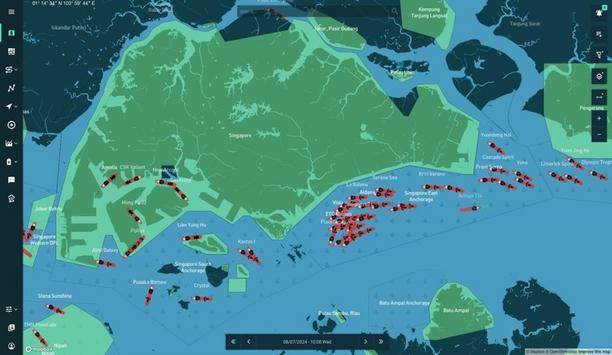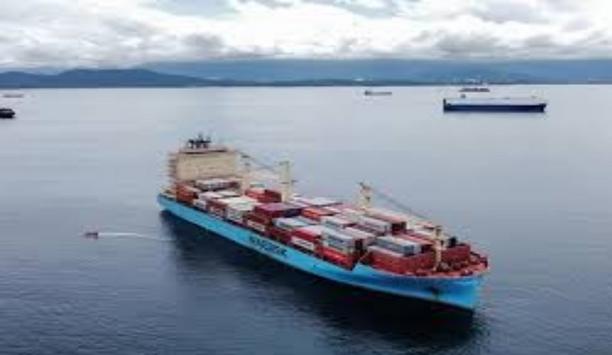Maritime/Shipping Industry Trade Associations
The Maritime Battery Forum was established in April 2014 by 30 forward-looking companies, research institutions and governmental organisations. The forum is a meeting place, for exchange of knowledge based on experiences from the usage of batteries within the shipping, oil and offshore industries.
The Workboat Association is the trade, skills and safety standards association for the workboat industry. Since its inception in 1994, the association has acted as a crucial point of liaison between its membership and key regulatory and industry bodies, such as the Maritime and Coastguard Agency (MCA).
thyssenkrupp is an international group of companies comprising largely independent industrial and technology businesses. Their technologies and innovations are the key to meeting diverse customer and market requirements around the world, growing on the markets of the future, and generating strong and stable earnings, cash flows and value growth.
U.S. Maritime Administration (MARAD) support the technical aspects of America's maritime transportation infrastructure, such as ships and shipping, port and vessel operations, national security, environment, and safety. They promote the use of waterborne transportation, and ensure that its infrastructure integrates seamlessly with other methods of transportation. MARAD also maintains a fleet of cargo ships in reserve to provide surge sea-lifts.
UK Ports are a leading trade organisation supporting UK Ports , Marine, Shipping , Training, Transport, Research and Technology including Renewables & Sustainability.
The UK Ship Register is part of the Maritime & Coastguard Agency (MCA) with headquarters based in Southampton, UK. They are an executive agency of the UK Government's Department for Transport. They value long term relationships and aim to continue providing client focused maritime administration and related services from vessel registration to official logbooks and more.
United Nations Office on Drugs and Crime (UNODC) is a pioneer in the fight against illicit drugs and international crime. Established in 1997 through a merger between the United Nations Drug Control Programme and the Centre for International Crime Prevention, UNODC operates in all regions of the world through an extensive network of field offices.
The United Nations Convention on the Law of the Sea (UNCLOS) is an international treaty which was adopted and signed in 1982. It replaced the four Geneva Conventions of April, 1958, which respectively concerned the territorial sea and the contiguous zone, the continental shelf, the high seas, fishing and conservation of living resources on the high seas.












